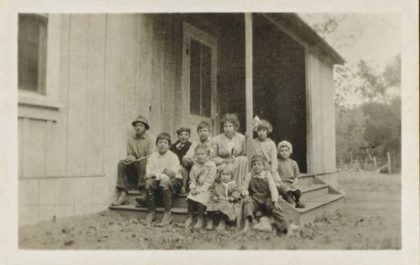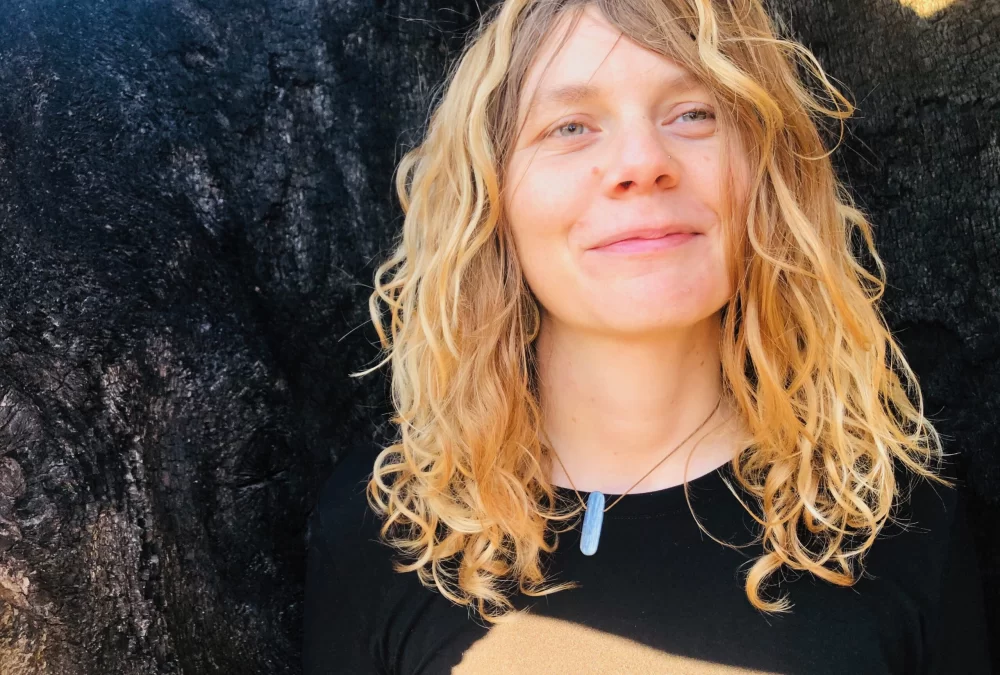After the historic (and somewhat traumatic) 2020 election has ended, there is still much to be done to heal the wounds that these polarizing times have caused us.
When I first stepped into the world of politics I was taught that the best way to organize and build power is to rally people around a common enemy. For much of my organizing career this worked: I led grassroots campaigns where we worked to stop new fossil fuel infrastructure from being built, stop open space from being developed, and advocated for clean energy and green transportation solutions. The common strategy was finding someone on the “other” side to demonize and make our campaign’s enemy. At first, I thought this was what political organizing was all about: taking power from some people, and given it (back) to others. After a few years, something started to feel off. I burned myself out more than a couple of times, and knew that I needed to change the way I was working for change in the world.
What I came to understand is summed up perfectly in this Albert Einstein quote: “We cannot solve our problems with the same thinking we used when we created them.”
If we got to where we are now using systems, structure, and strategies based on fearing those different than us, then those same tools cannot truly be used to heal the wounds of the past and free us from the challenges we face.
Building grassroots power through a strategy based on “othering” was and is just more of the same; all of us fighting over what power we have in the existing systems instead of imagining and building a new way of relating and organizing our society.
In the last two presidential elections, we’ve seen much more focus on what we call deep, or relational organizing. These canvassing and organizing strategies focus more on human to human connection, on understanding and accepting one another, rather than on quick, transactional interactions.
The focus of this political work transitions from a hierarchical, common enemy, follow-me mentality, to a community and relationship-oriented intention. This shift must not only be made within political campaigns: we must also learn to shift the way we discuss and engage in politics in our own lives too. I bring this perspective to my thinking and work about how we continue to fight for love and justice after this pivotal election.
Can we change the shape of our nation’s future through learning to listen to, understand, and accept our friends, family, and neighbors? I believe that learning to sit with differences in our closest relationships can and will counter the increasing polarization and othering we are seeing in our communities and in our society at large.
I’ve worked with people whose close family members are on the complete opposite side of the political spectrum. I personally have colleagues from the greater yoga and spiritual community who do not share my views on the government’s handling of COVID-19. One friend of mine wanted to have constant discussions about the validity of the Black Lives Matter movement tactics, something I do not feel is my place to critique.
When we face stark differences in our relationships, it often brings up a question of how we could possibly be in community with people who have such different opinions and views on how to handle the most pressing and important issues of our time. And this isn’t just about politics – it’s about how we handle differences in general. But political differences seem to be some of the most heated of our time.
Should we cut those people out of our lives? It would be much easier if I didn’t have to listen to my friend complaining about mask mandates, or your uncle talk about the lazy people on welfare, or your neighbor fear-monger about the other major political party taking away your rights, your money, your freedom, etc. Sure, it’s easier to just stop talking to them. And surround yourself with an echo-chamber of people who think and talk and act like you do.
Right now, we as a nation, and as the Topanga community, need to build resiliency. I believe that diversity of thought, identity, belief, resource, opinion, and perspective gives us the strongest and most resilient village. This moment is asking us to come back to ourselves. To remember our values, and the vision we all hold for a peaceful, just, and equitable world. In a time when everything seems to be called into question, we must come back to what roots us into our very humanity: the truth of who we are.
To find that truth, I look within for my core values that act as the foundation for my thoughts, actions, and beliefs. My values include compassion, kindness, justice, empathy, honesty, trust, and, above all, love. Am I bringing those values into my relationships?
Kindness in practice looks like having patience and assuming the best of intentions when interacting with others. Love in action looks like accepting myself and others for where we are in this moment—accepting that one’s understanding of and response to the current reality is that they are doing their best with what they’ve got.
Change and progress come when we put our values into practice on a regular basis. Are you up for joining me in this challenge to work across differences in our own relationships? This is where social change comes home—it’s not just about the ballot box and election season. It’s about the intention and awareness you bring to each interaction in your life. Active listening, direct and honest communication, and clear boundaries are the tools that I use most often in cultivating and maintaining my closest relationships.
If you’re interested in digging deeper into this work, I’m offering a workshop on Communicating Across Difference on Sunday, November 8 at 12 p.m. You can find more details, and information about future events, at heartinpolitics.org. You can also find me on Instagram at @jessderv
By Jess Dervin-Ackerman





